
Stanford University researchers have developed an ultra-fast charging aluminum battery that they’ve hailed as a cheaper, safer alternative to the current batch of lithium batteries that power most mobile devices.
Researchers at Stanford University say they achieved “unprecedented charging times” with the aluminum prototype, which they said had the potential to recharge a smartphone in as little as 60 seconds. The battery used more pliable material that could bend into different shapes and withstand up to 7,500 recharge cycles, a more than seven-fold increase over lithium batteries.
But the researchers cautioned that the technology was still in its infancy, and for all of its advantages the current battery still emitted only half the voltage of a typical lithium battery.
“Otherwise, our battery has everything else you’d dream that a battery should have: inexpensive electrodes, good safety, high-speed charging, flexibility and long cycle life,” said Stanford chemist Hongjie Dai in a public announcement of his research, which was published in the April 6 issue of Nature. “I see this as a new battery in its early days,” he added. “It’s quite exciting.”
The Galaxy S6 Is Samsung’s Best-Looking Smartphone Yet
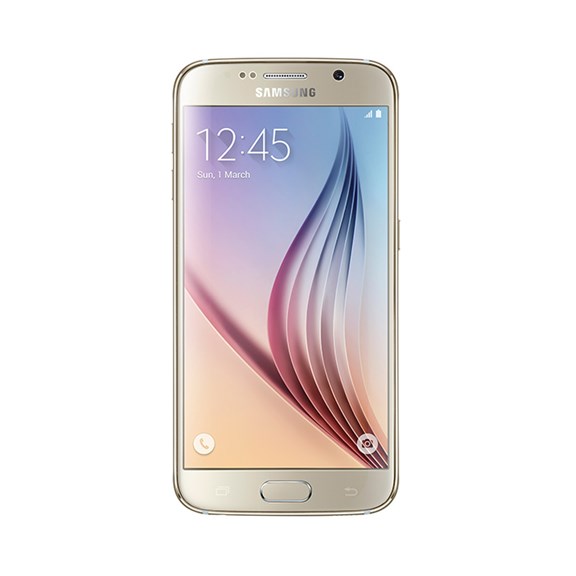
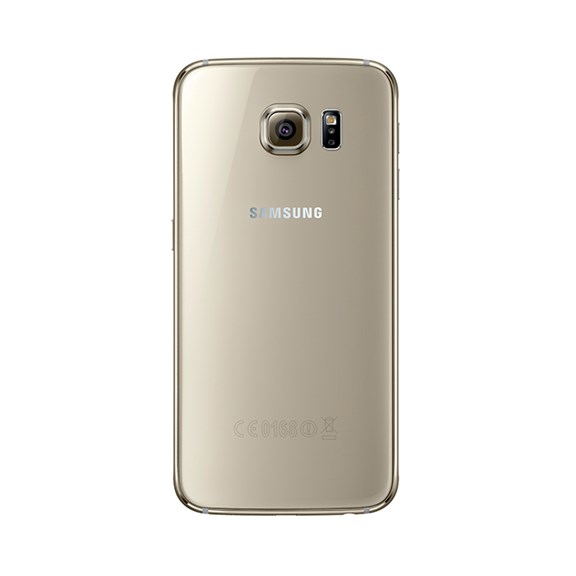
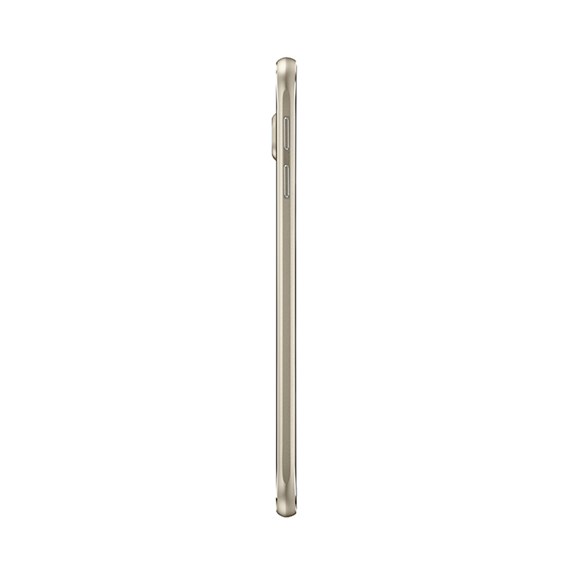
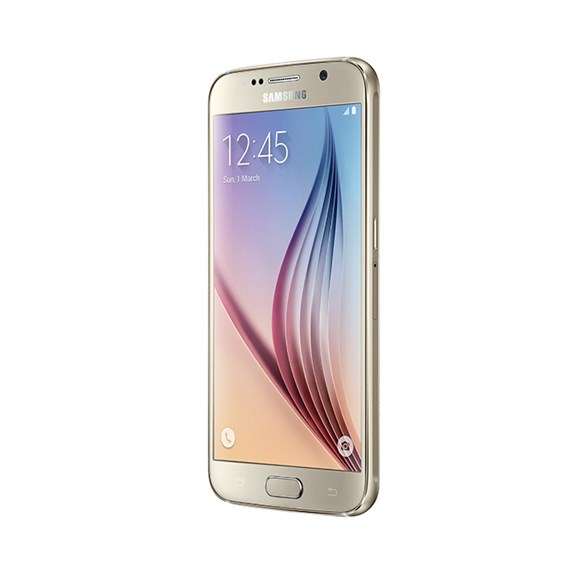
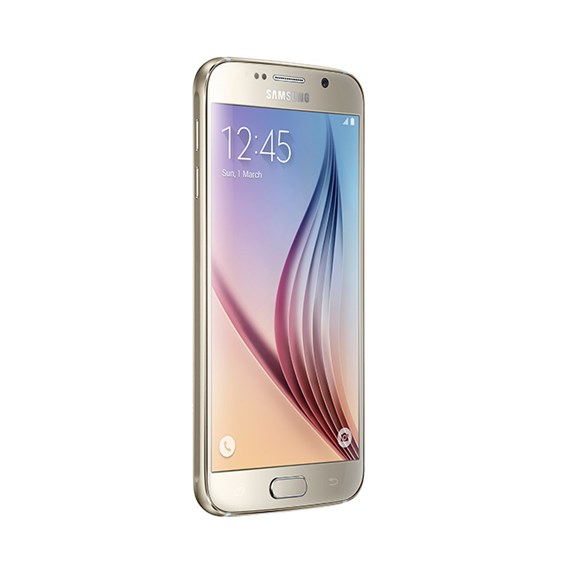
More Must-Reads from TIME
- Donald Trump Is TIME's 2024 Person of the Year
- Why We Chose Trump as Person of the Year
- Is Intermittent Fasting Good or Bad for You?
- The 100 Must-Read Books of 2024
- The 20 Best Christmas TV Episodes
- Column: If Optimism Feels Ridiculous Now, Try Hope
- The Future of Climate Action Is Trade Policy
- Merle Bombardieri Is Helping People Make the Baby Decision
Contact us at letters@time.com